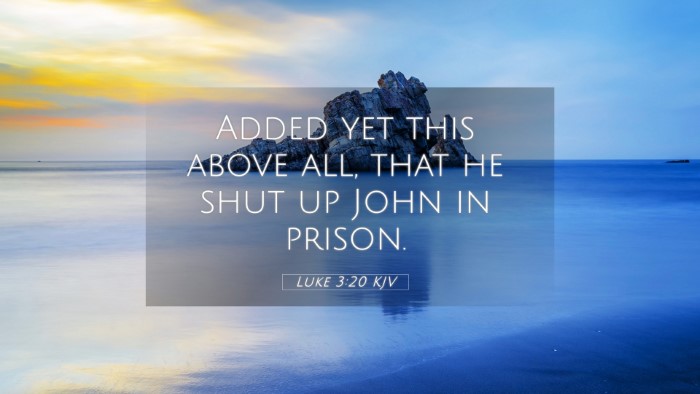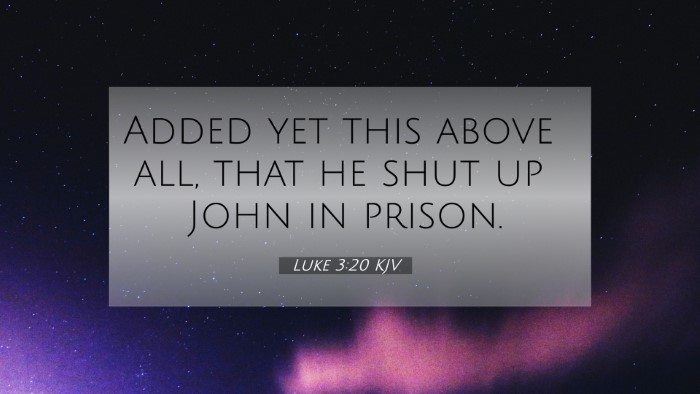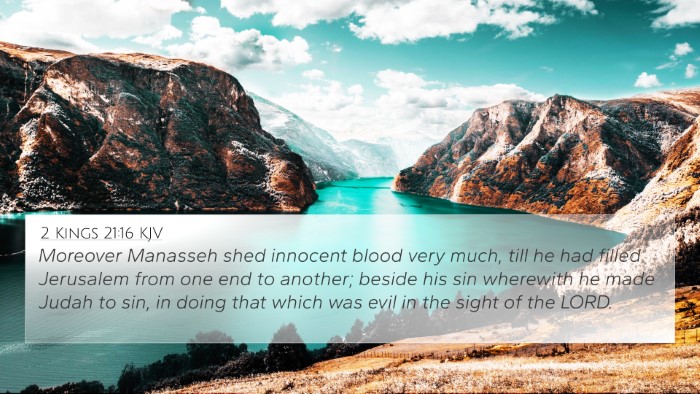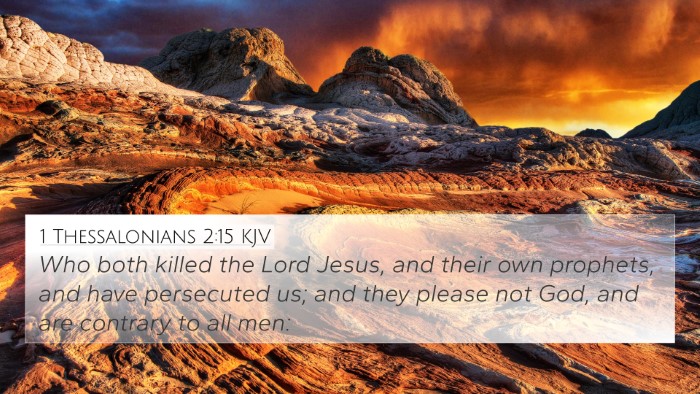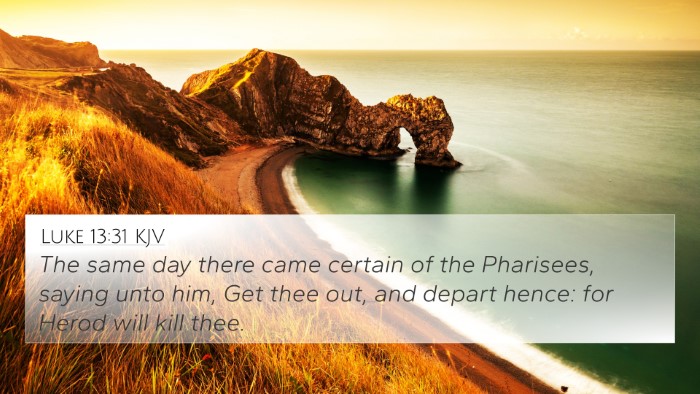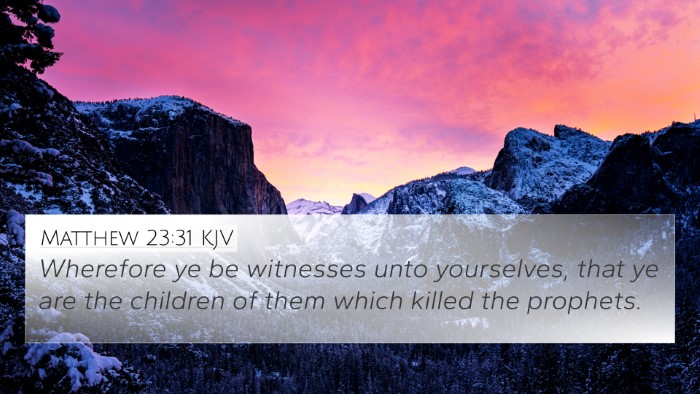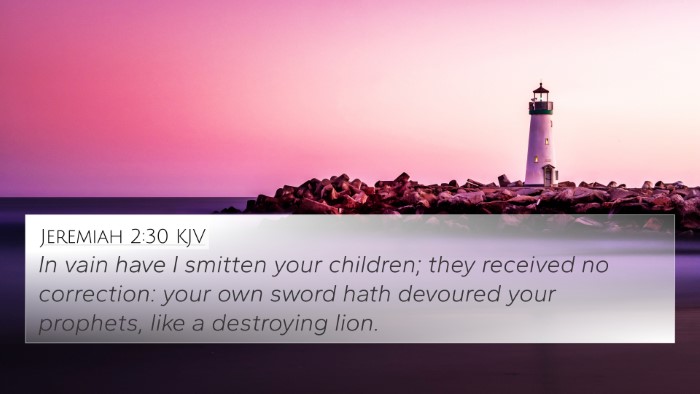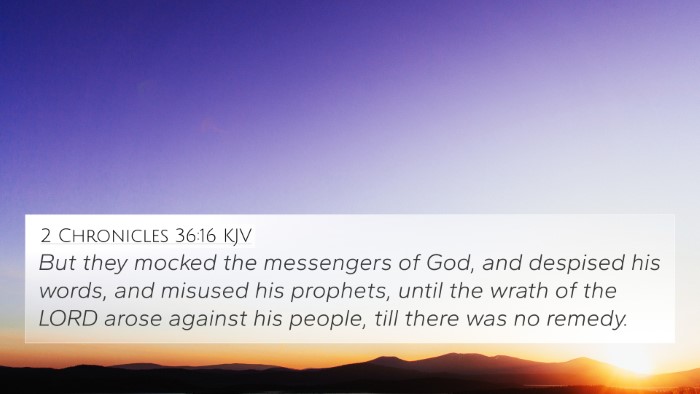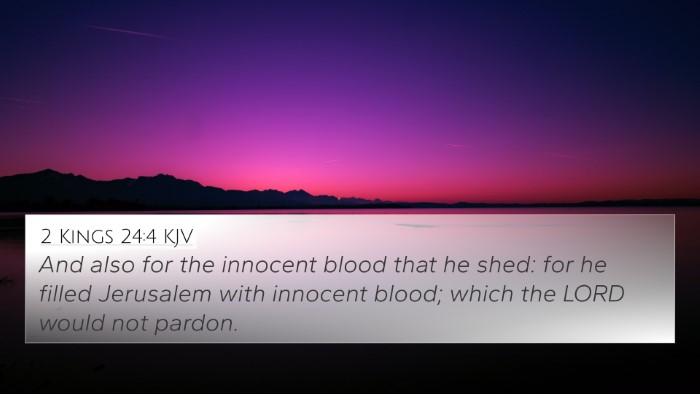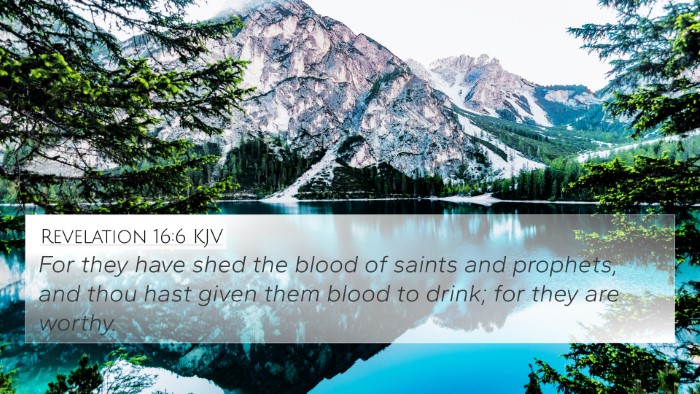Understanding Luke 3:20
Luke 3:20 reads: "Added yet this above all, that he shut up John in prison." This brief yet profound statement reveals significant elements pertaining to John the Baptist’s ministry and foreshadows the trials faced by the prophets of God.
Summary of Context
In the broader context of Luke 3, John the Baptist is depicted as a crucial figure preparing the way for Jesus Christ. His ministry focuses on calling people to repentance and emphasizing the coming of the Messiah. The verse highlights the consequences of John’s bold preaching against sin, particularly targeting the immorality of King Herod.
Commentary Insights
Combining insights from Matthew Henry, Albert Barnes, and Adam Clarke, we can distill the following themes:
-
The Cost of Prophethood:
John the Baptist's imprisonment underscores the peril faced by those who stand boldly for God's truth. As Matthew Henry notes, this illustrates the enmity that often exists between righteous individuals and corrupt authority.
-
John's Faithfulness:
Despite being imprisoned, John's commitment to his mission remained unwavering. According to Albert Barnes, this reveals the sacrificial nature of genuine faith, which often entails enduring suffering for the sake of the message delivered.
-
The Role of Suffering:
Adam Clarke emphasizes that imprisonment is not the end of the prophetic mission but rather a part of it. Suffering can serve to further the gospel and prepare the way for Jesus' ministry.
-
A Foreshadowing of Christ’s Ministry:
John's imprisonment acts as a foreshadowing of the coming tribulations faced by Jesus himself. This connection highlights the prophetic nature of John's role and serves as a theme throughout the Gospels.
-
Divine Sovereignty:
Even in imprisonment, John the Baptist is positioned within God's plan. Commentary suggests that this reflects the sovereignty of God, working through human actions to fulfill His divine purpose.
Cross-References
Luke 3:20 can be cross-referenced with the following biblical passages for further understanding:
- Matthew 14:3-4 – Discusses the imprisonment of John the Baptist by Herod due to his outspoken criticism of Herodias.
- Mark 6:17-18 – Similar account emphasizing Herod’s unlawful marriage and John’s condemnation of it.
- Luke 7:18-23 – John sends messengers to inquire if Jesus is the Messiah, suggesting his continued ministry even from prison.
- Acts 12:1-2 – Illustrates the fate of godly individuals facing persecution, reflecting a common theme in Scripture.
- Hebrews 11:36-38 – Talks about the suffering of prophets and those faithful to God, highlighting the cost of discipleship.
- Romans 8:28 – Reinforces the idea of God's sovereignty and purpose through trials faced by the faithful.
- 2 Timothy 3:12 – "Indeed, all who desire to live a godly life in Christ Jesus will be persecuted," tying John’s experience to the Christian life.
- Matthew 5:10-12 – The Beatitudes highlight the blessedness of those persecuted for righteousness' sake, connecting to John’s experience.
- Revelation 6:10 – Martyrs crying out for justice, linking to the fate of John and others who suffered for the truth.
- Psalm 69:4 – A lament that reflects the suffering of those who stand for righteousness, echoing John’s plight.
Thematic Connections
This verse offers deep connections between themes found in both the Old and New Testaments. Notable thematic links include:
- Prophetic Voices: John’s voice aligns with the many prophets of the Old Testament who faced persecution for speaking God's truth.
- Preparation for the Messiah: The theme of preparation found throughout the Scripture—John preparing the way correlates with Old Testament prophecies about the coming of the Lord.
- Suffering for Righteousness: The suffering faced by John reflects the broader scriptural narrative of the cost of following God’s calling.
- Divine Purpose in Hardship: Highlighted in various biblical texts, suffering often serves to fulfill God's greater plan, paralleling narratives in both Testaments.
Conclusion
Luke 3:20, while brief, encapsulates substantial theological significance about the life of John the Baptist and the reality of standing for divine truth. Through cross-referencing and thematic exploration, readers can deepen their understanding and appreciate the connections between different scriptures.
Resources for Further Study
For those interested in exploring these themes and cross-references further, many tools and resources can enhance your study:
- Bible concordances for thematic searches
- Bible cross-reference guides for comparative analysis
- Online platforms and apps providing cross-referencing capabilities
- Historical context resources to better understand the cultural background
- Commentaries and exegetical texts for in-depth studies

